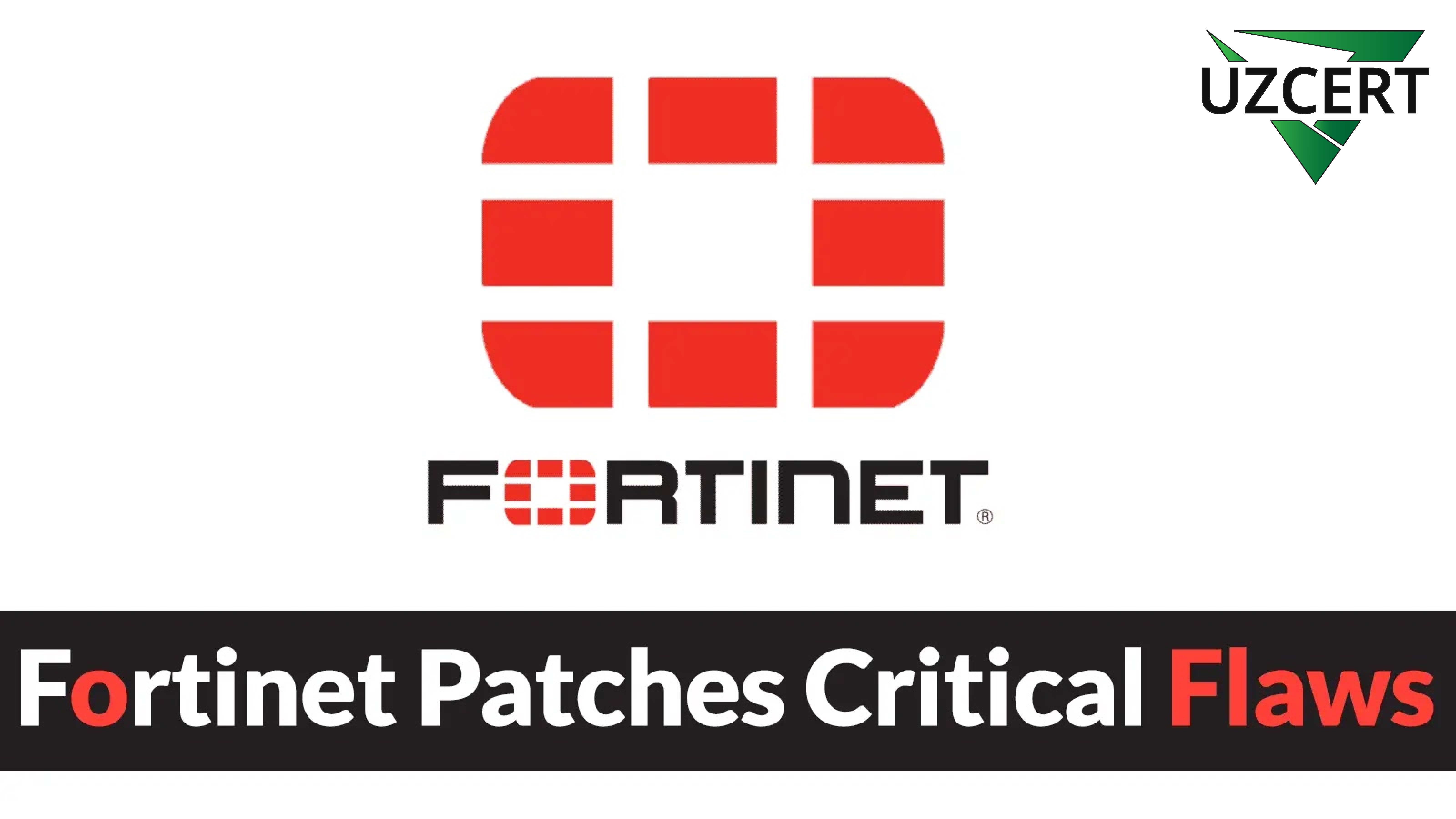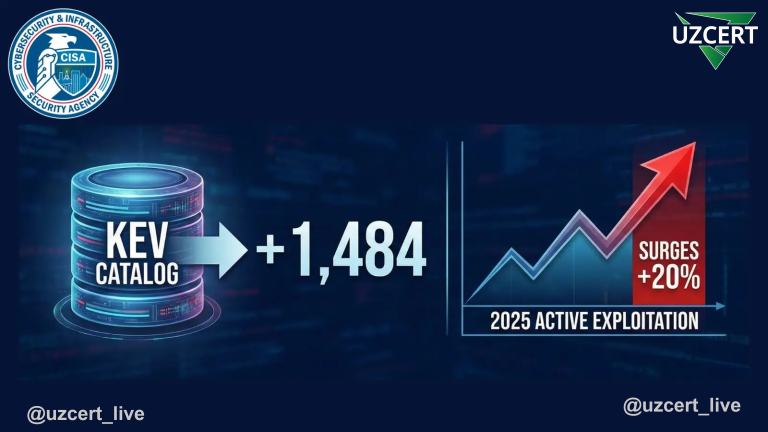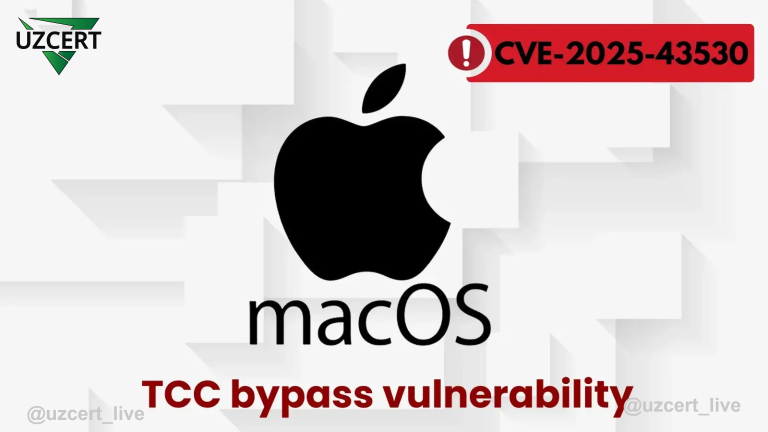
High-Level Vulnerabilities Identified in Fortinet Products
Fortinet has released security updates for several of its products—FortiOS, FortiAnalyzer, FortiManager, and FortiClient for Windows. If these vulnerabilities are not patched, attackers could gain full control of the compromised systems.
One of the most severe vulnerabilities, identified as CVE-2024-47575, affects FortiManager and allows remote attackers to access the system. This vulnerability can cause significant damage, as attackers can exploit it to steal sensitive data from the system. Fortinet has reported that attackers have automated their attacks and stolen configuration files, IP addresses, and authentication details.
Other Critical Vulnerabilities:
- CVE-2024-23666: A vulnerability in FortiAnalyzer and FortiManager that allows authenticated users with read-only permissions to execute sensitive operations.
- CVE-2023-50176: A session fixation vulnerability in FortiOS SSL-VPN that could lead to session hijacking via phishing SAML authentication links.
- CVE-2024-36513: A privilege escalation flaw in FortiClient for Windows that allows authenticated users to elevate their privileges using Lua auto-patch scripts.
- CVE-2024-47574: An authentication bypass vulnerability in FortiClient for Windows that enables low-privileged attackers to execute arbitrary code with high privileges.
Fortinet urges all customers to install the security updates immediately. Keeping systems up to date is the best defense against exploitation.
Cybersecurity experts warn that these vulnerabilities could seriously threaten organizational security. If left unpatched, these flaws could lead to data breaches, financial losses, and reputational damage.
To ensure the security of their systems, organizations must quickly apply security updates, stay informed about potential threats, and continually monitor their security posture. These actions play a crucial role in preventing serious risks associated with Fortinet products.



